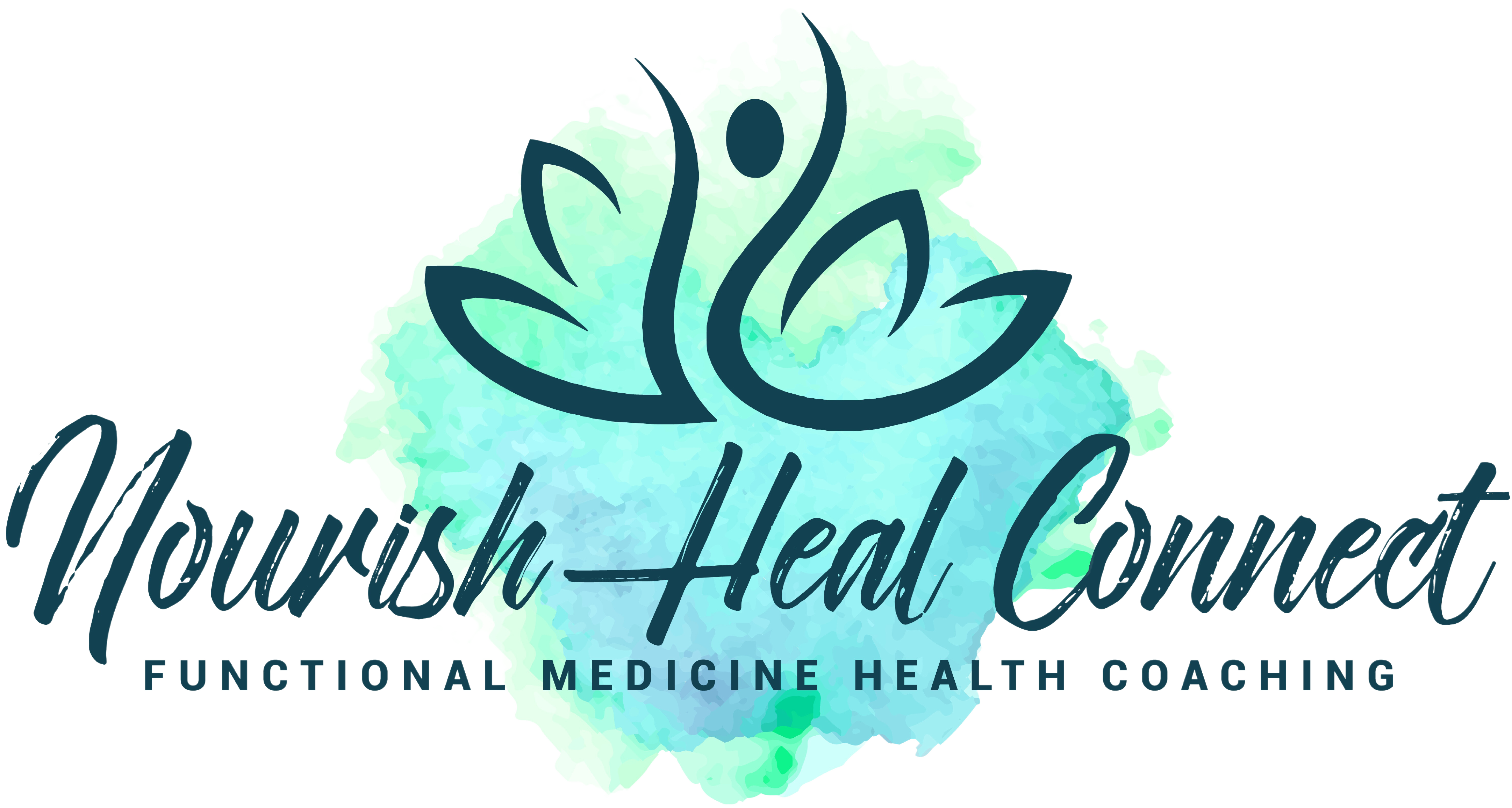The rise of chronic conditions in the 21st Century
Chronic non communicable diseases are on the rise like never before making them a global epidemic just like infectious diseases like plague, cholera, small pox in the past. In the modern world health issues like diabetes, cardiovascular diseases, dementia, autism spectrum disorder in children, chronic obstructive pulmonary disorder, osteoporosis, depression, autoimmune conditions have become alarmingly common in the developed world and India is fast catching up. In fact as far as diabetes is concerned, India and China are leading the pack with the projected number of diabetics in India expected to touch 79.4 million in 2030 from the 31.7 million in 2004. A more than 100% increase from the levels in 2004!
Also a recent report in 2017 has found that one in three Indians over 30 years of age are suffering from one or more lifestyle related diseases like diabetes, high cholesterol, hypertension, thyroid and cancer.
Chronic diseases like these lessen the quality of life, shorten our lifespan, shorten the lifespan of future generations and have a huge adverse impact on the economy. Most of these diseases are due to our diet and lifestyle and are mostly treatable and preventable and yet, currently every year they kill twice as many people around the world than infectious diseases.

We are unfortunately slowly starting to think that living with a chronic condition is “normal”. Also, the consequences of living with a chronic condition are profound and its killing us all slowly. Conventional medicine was constructed to deal with acute conditions like infectious diseases (which are due to a single agent like bacteria or virus), medical emergencies like acute injuries, stroke and heart attack. It is thus not able to effectively deal with the multifactorial and multifaceted chronic diseases arising due to various causes. Chronic diseases are difficult to manage, can last a lifetime and usually require more than one doctor. Infact recent studies show that genetic factors are not the major driver for chronic conditions, 85 percent of chronic disease is caused by diet, lifestyle and environmental toxins.
We thus need a completely different approach and mindset while dealing and treating chronic health conditions. A treatment which is long term in nature with frequent interaction with the patient with an emphasis on finding and treating the root cause of the disease, encouraging behaviour change and a collaborative healthcare team consisting of doctors, health coaches, nutritionists and other allied health professionals would be required. One such system exists today and is called “Functional Medicine” and I cover more about this in my next post.
Source: http://journals.plos.org/plosone/articleid=10.1371/journal.pone.0154387

